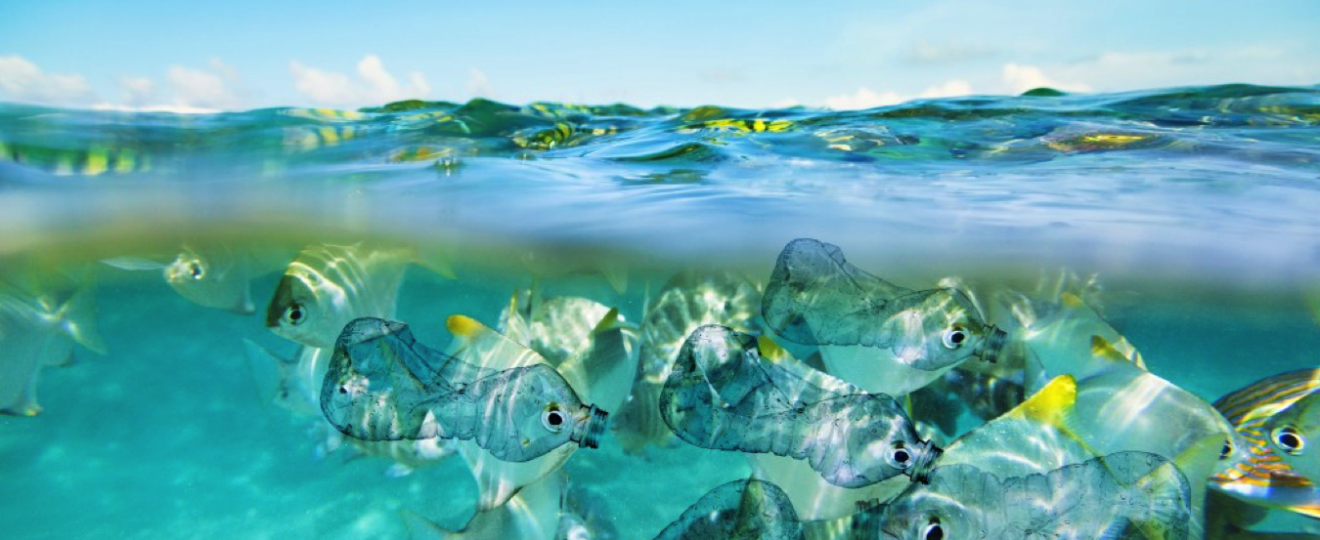All about POSEIDOMM
 POSEIDOMM stands for Photochemistry at the Ocean's Surface: Effects and Interactions of Dissolved Organic Matter with Microplastics and it is a European funded research project within Marie-Curie Actions of Horizon 2020, starting in May 2016 and ongoing for two years.
POSEIDOMM stands for Photochemistry at the Ocean's Surface: Effects and Interactions of Dissolved Organic Matter with Microplastics and it is a European funded research project within Marie-Curie Actions of Horizon 2020, starting in May 2016 and ongoing for two years.
POSEIDOMM aims at studying the interaction of anthropogenic plastic pollutants with natural organic matter cycling in the top oceanic layer, as well as photochemical processes involving these natural and anthropogenic compounds. The research project is primarily developed at the host University of Siena, Italy, with partnerships at the GEOMAR - Helmholtz Centre for Ocean Research Kiel (Germany) and at the HCMR - Hellenic Center for Marine Research in Crete (Greece), for joint laboratory analysis and field experiments.
POSEIDOMM studies micro plastic pollution. Marine litter, and in general, plastic, stems mostly from land-based sources (GESAMP 1991), being in large part (> 80%) of anthropogenic origin. Therefore, in POSEIDOMM, we believe that it has to be tackled at its source. As our most precious resource - Water - is endangered, we feel there is the need of a public stewardship of aquatic ecosystems as the only possible way towards sustainability. All aquatic ecosystems are connected: whenever we have a clean river, we'll also have a healthy sea.
As part of the science-communication and outreach actions, POSEIDOMM teams up with the international citizen-science initiative FreshWater Watch of the EarthWatch Institute (Oxford, UK). Citizen-scientists and students, all members of the joint POSEIDOMM-FreshWater Watch project will seasonally monitor the state of the Arno River tributaries for nutrients, turbidity, algal blooms and riverbanks litter through a standardized approach allowing for data comparison to similar citizen-sciences project around the globe. By encouraging bottom-up data acquisition and community science, we believe adding a piece of the puzzle towards behavioral change to address the emerging crisis of marine/freshwater litter.
As we are open to new partnerships both in research as well as in educational projects, please feel free to contact us for more information!
This project has received funding from the European Union's Horizon 2020 research and innovation program under the Marie Sklodowska-Curie grant agreement No 702747
